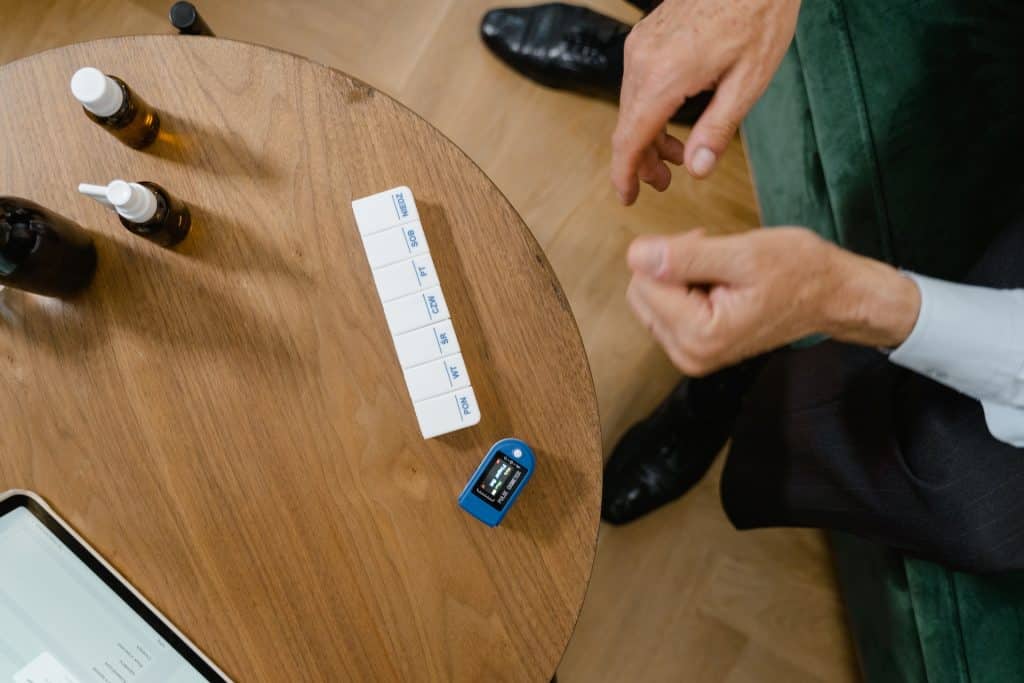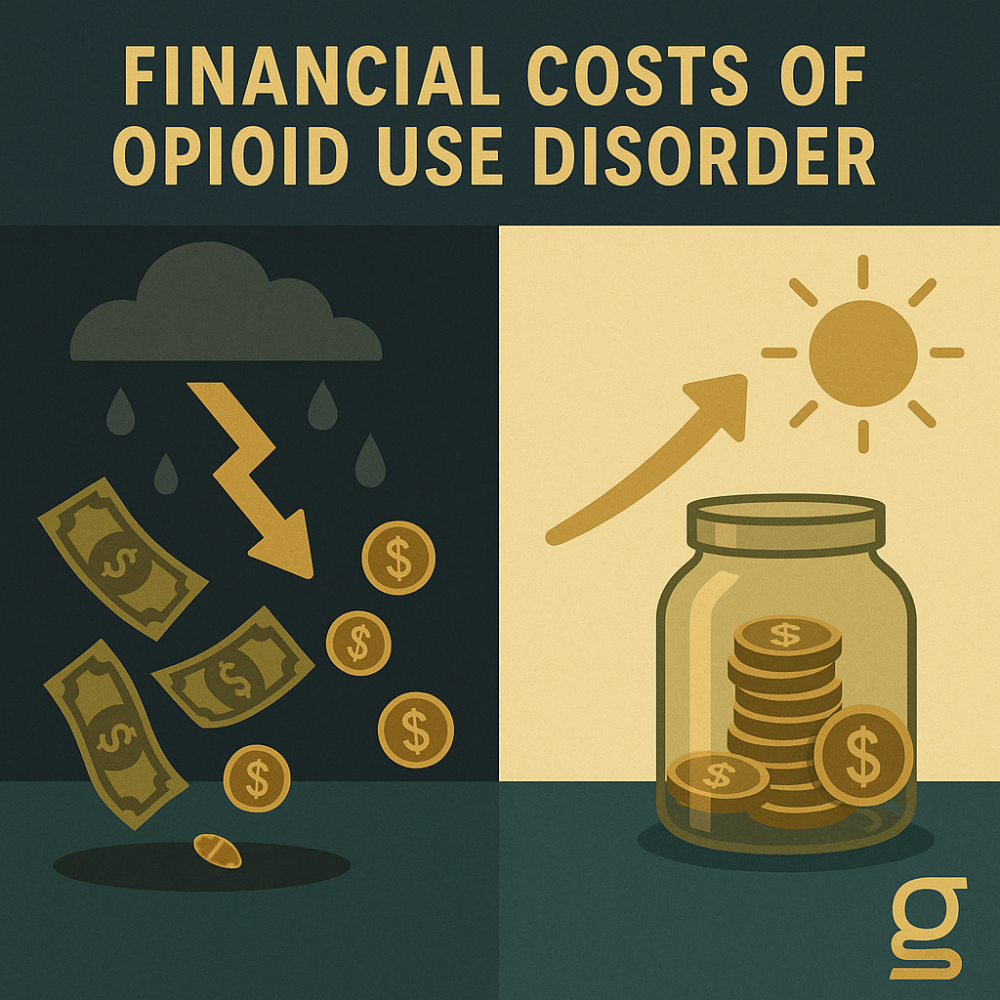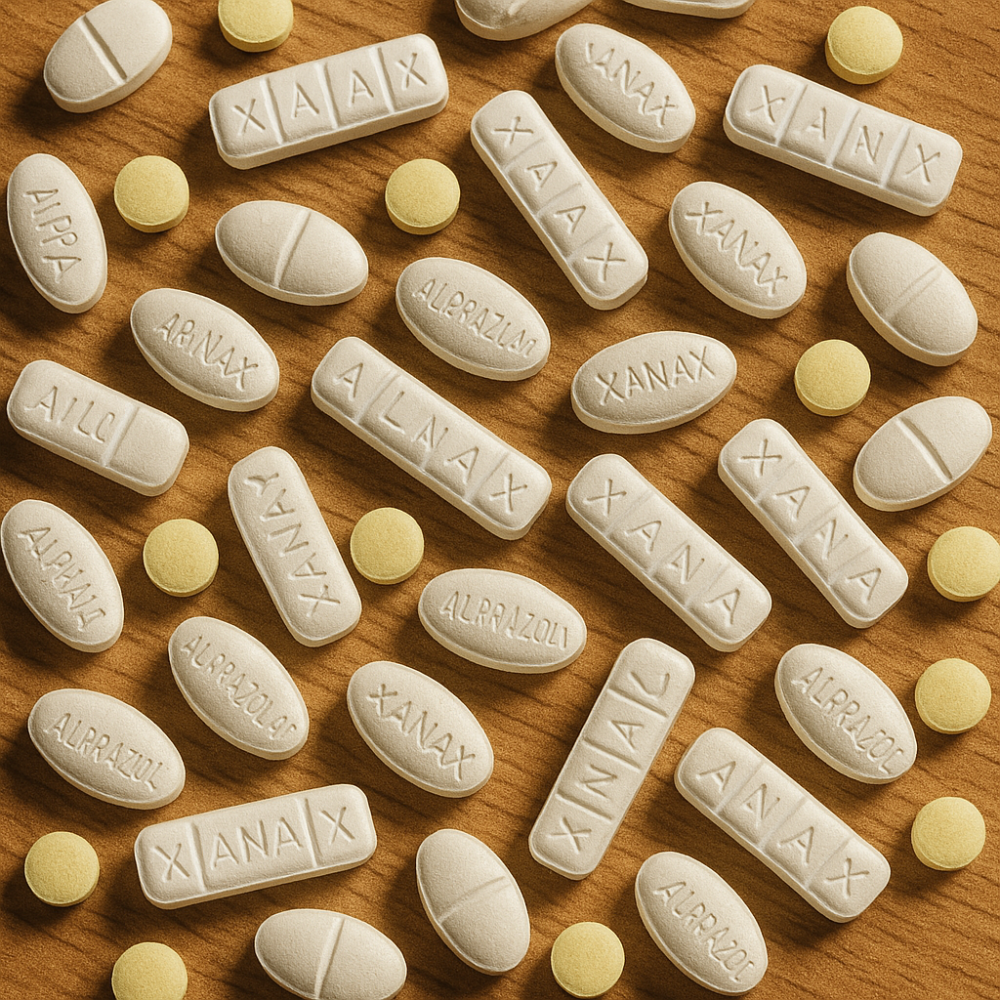In today’s world, Opioid Use Disorder (OUD) is an all too familiar phrase associated with pain, struggle, and loss. This disorder, recognized as a chronic condition, afflicts a staggering number of people globally.
In fact, from 2000 through 2015, approximately 500,000 people died from opioid overdoses. More recently, 79,770 of 109,680 drug overdose deaths in 2021-2022 involved an opioid.
Despite its prevalence, several misconceptions and a profound social stigma continue to plague our understanding of OUD and the associated detoxification process.

Myth 1: Opioid Use Disorder is a Choice, Not a Disease
One of the most damaging misconceptions about the opioid epidemic is that it stems from a series of poor choices. This oversimplification ignores the complex nature of addiction and the numerous factors influencing its development.
Understanding the Disease Model of Opioid Addiction
Medical institutions worldwide acknowledge OUD as a disease – a chronic and relapsing disorder that affects the brain. OUD alters the brain’s structure and function, causing individuals to experience overpowering cravings, impaired judgment, and an obsessive urge to use drugs, despite the harmful repercussions.
Like any other disease, Opioid Use Disorder needs to be approached with a treatment-focused mindset rather than a judgmental one.
Myth 2: Detox Alone is Enough for Recovery
Another common myth is that detoxification, the process of eliminating drugs from the body, is a one-and-done solution to OUD. This couldn’t be further from the truth.
The Role of Therapy in Recovery
Detoxification is a critical first step in the recovery process, but it’s just that – the first step. Real recovery is a long-term journey involving much more than the body’s physical detox.
Comprehensive treatments like counseling and behavioral therapies are vital in equipping patients with skills to manage triggers, build resilience, and repair relationships torn by the disorder.
Myth 3: Withdrawal Symptoms are Minimal
One of the critical aspects of Opioid Use Disorder is the onset of withdrawal symptoms. This occurs when a person who has been using opioids consistently suddenly stops or decreases their use.
The body, having become dependent on the use of opioids, reacts with a host of physical and psychological symptoms.
Physical Symptoms of Opioid Withdrawal
Physical symptoms often resemble the severe flu. They may start as early as a few hours to several days after the last opioid use, depending on the type of opioid taken and the degree of dependency. These symptoms can include:
- Sweating
- Fever and chills
- Runny nose and teary eyes
- Restlessness and agitation
- Rapid heartbeat
- High blood pressure
- Muscle aches and cramps
- Nausea, vomiting, and diarrhea
- Dilated pupils and blurred vision
- Insomnia
These symptoms can be highly uncomfortable and, in some severe cases, life-threatening. They are the body’s reaction to the absence of opioids, which it has become accustomed to.
Psychological Symptoms of Opioid Withdrawal
Psychological symptoms often accompany the physical ones, contributing to the overall distress. These symptoms can be equally, if not more, challenging to manage. They include:
- Anxiety and irritability
- Depression
- Mood swings
- Difficulty concentrating
- Cravings for opioids
These psychological symptoms highlight the significant impact of opioid withdrawal on mental health. They demonstrate why a comprehensive approach to treatment, addressing both physical and mental health aspects, is crucial for recovery.
Myth 4: Prescription Opioids are Safer than Illegal Opioids
There’s a harmful perception that prescription opioids because they’re legally dispensed, are inherently safer than their illegal counterparts. This myth obscures the potential dangers tied to prescription opioids.
The Danger of Prescription Opioids
Prescription opioids can be as harmful as illicit ones if they are misused or abused. These medications have a high potential for misuse, which can lead to addiction. Misuse may result in life-threatening situations like overdoses or a shift to more potent and illegal drugs.
Myth 5: You Can Detox from Opioids at Home
The belief that it’s safe and effective to detox from opioids at home is another dangerous misconception. This myth downplays the gravity of the detox process and the possible risks it entails.
The Importance of Medically Supervised Detox
Due to the severity and discomfort of withdrawal symptoms, attempts to detox at home can lead to relapse or even fatal complications. Therefore, medically supervised detox is highly recommended. In this setting, medical professionals can monitor the patient’s condition, manage withdrawal symptoms, and provide necessary psychological support.
This approach ensures the detox process is as safe and comfortable as possible, setting a solid foundation for the rest of the recovery journey. Remember, it’s essential to seek professional help and not attempt detoxification alone.
Myth 6: Relapse Means Treatment has Failed
Many people perceive relapse, the return to drug use after an attempt to stop, as a sign that treatment has failed. This viewpoint is counterproductive and disheartening for those battling addiction.
Relapse as Part of the Recovery Process
Like many other chronic diseases, relapses are often a part of the OUD recovery journey. Instead of viewing them as failures, they should be seen as indicators that the treatment plan needs to be adjusted or intensified.
Myth 7: People with Opioid Use Disorder are Weak or Morally Flawed
Stereotypes often label people with OUD as weak or morally flawed, further exacerbating the stigma and discrimination they face.
Compassionate Understanding of Opioid Use Disorder
OUD is not a moral failing. It’s high time that we replace judgment and stigmatization with understanding and support, providing assistance and empathy instead of criticism and scorn.
Recover From Opioid Use Disorder
Busting these prevalent myths surrounding opioid addiction and its detoxification process is vital in changing societal perceptions and ensuring those struggling with OUD receive the support and effective treatment programs they deserve. Empathy and understanding can be powerful allies in combating the opioid crisis and its devastating effects on individuals and communities alike.
If you or a loved one are struggling with Opioid Disorder or another substance use disorder, get in touch with Gallus Detox today. We’ll explain addiction treatment options and offer a supportive atmosphere to get started on a journey to recovery.
FAQs About Opioids
1. What are the treatments for opioids?
- Medication-Assisted Treatment (MAT): This involves the use of FDA-approved medications such as methadone, buprenorphine, and naltrexone in conjunction with counseling and behavioral therapies. MAT is effective in managing withdrawal symptoms, reducing cravings, and improving overall treatment outcomes.
- Counseling and Behavioral Therapies: These approaches help patients modify their attitudes and behaviors related to drug use and improve their life skills. They also help patients handle triggers and stress, thereby reducing the risk of relapse.
- Inpatient and Residential Treatment: For severe cases of OUD, inpatient or residential treatment can provide intensive care and support. These programs offer a structured environment with access to medical services and therapeutic interventions.
2. What are three things that can help with withdrawal symptoms?
- Medications: Certain medications, such as buprenorphine and methadone, can help to manage withdrawal symptoms and reduce cravings.
- Hydration and Nutrition: Withdrawal often causes symptoms like vomiting and diarrhea, which can lead to dehydration. So, drinking plenty of fluids and maintaining a healthy diet can be beneficial.
- Support System: Having a strong support system can significantly help with the psychological aspects of withdrawal. This can be in the form of support groups, therapists, family, or friends.
3. What are the risks of long-term opioid use?
- Addiction: Opioids are highly addictive. Long-term use can lead to Opioid Use Disorder, a severe form of substance dependence that can impact every aspect of life.
- Tolerance and Dependence: Over time, the body can develop a tolerance to opioids, requiring higher doses to achieve the same effect. This can lead to physical dependence, where the body requires the drug to function normally.
- Overdose: The risk of overdose increases with long-term use, especially when the dosage is escalated. Overdose can lead to severe respiratory depression and death.
- Physical Health Issues: Long-term opioid use can lead to various physical health problems, including constipation, sleep disorders, hormonal imbalances, and a weakened immune system.
- Mental Health Issues: Opioids can exacerbate or contribute to mental health disorders such as depression and anxiety. The cycle of addiction can also lead to feelings of guilt, shame, and low self-esteem.


 Steve B
Steve B 

 Casey Wilson
Casey Wilson